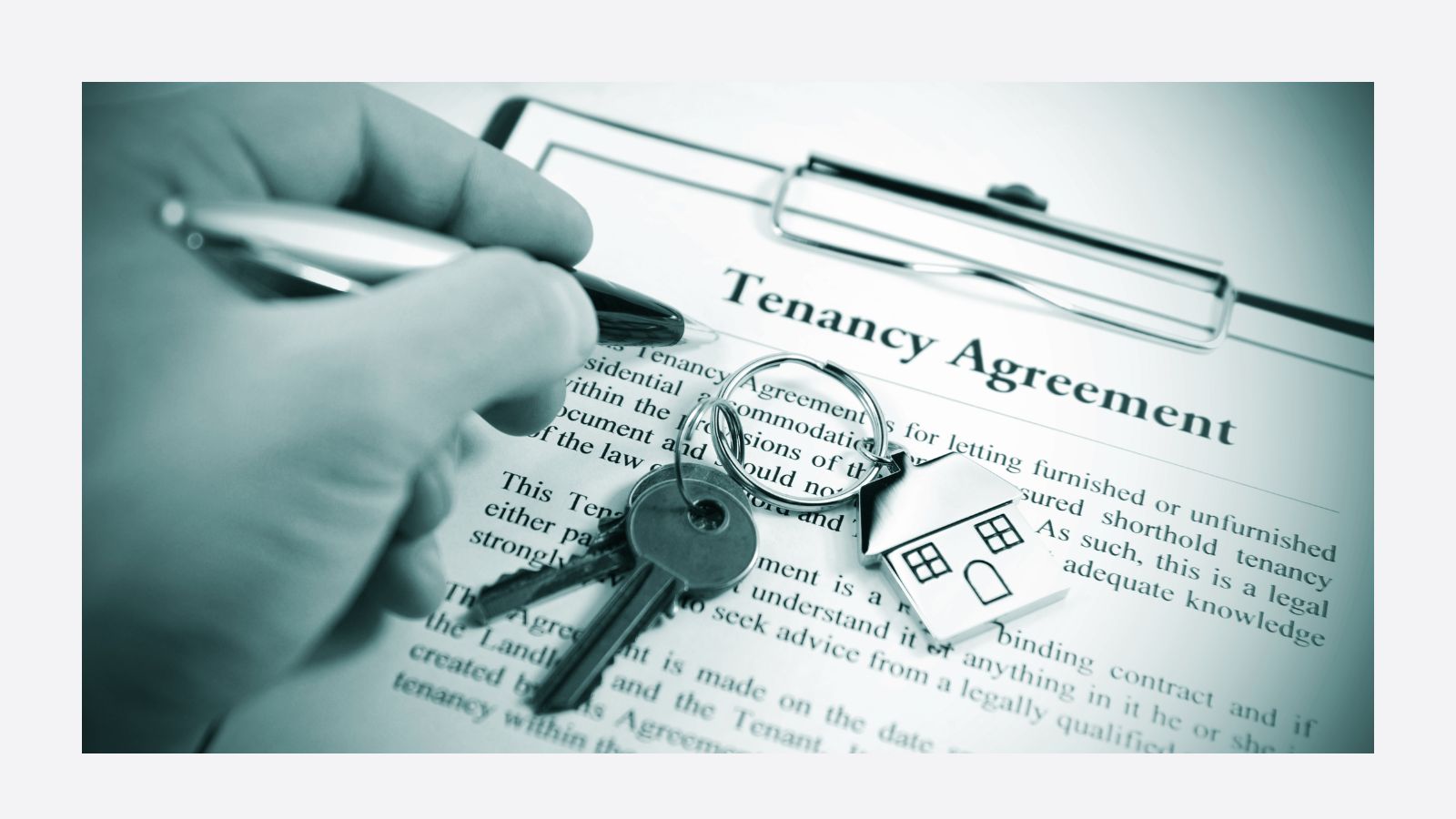The rental market is constantly shifting, and there are several property bills currently being discussed in Parliament that landlords (and tenants) need to be aware of.
One of these, the Leasehold and Freehold Reform Bill, was introduced into the House of Commons in November 2023, with the aim of giving homeowners (and landlords) more rights and better protection over their homes. Meanwhile, the Renters Reform Bill is another new piece of legislation that’s being discussed in Parliament, which is all about giving tenants more security.
With these changes in mind, we’ve conducted a survey, to find out how landlords and tenants feel about both pieces of legislation, and what impact they think the bills will have. Experts at Molo have also suggested it’s important that both landlords and tenants are clued up on the new changes.
The Renters Reform Bill
The Renters Reform Bill was introduced into Parliament in December 2023, and it’s aimed at giving renters more security, with new rules around pet policies, short-term leases, and evictions.
One of the main proposals of the bill is to abolish section 21 notices, which effectively allow a landlord to evict tenants without giving an explicit reason. According to our survey, more than half (56%) of tenants believe that getting rid of ‘no fault’ evictions is a positive thing. A further 62% are hopeful that the proposed Private Rental Sector Ombudsman will be easier to use than the current court system when it comes to issues like unfair removal and rental issues.
The legislation is also providing more comprehensive possession grounds so buy-to-let landlords can still recover their property if they face issues like recurring late payments, or badly behaved tenants. 48% of renters are concerned that this might give landlords more power to unnecessarily evict tenants. However, they do also feel that the new rules should prevent excessively above-market rents that are designed solely to force them out.
Despite the impact it will have on renters, less than half (45%) of the tenants surveyed know about the Renters Reform Bill and what it means for them. It’s important that renters are clued up on their rights and the majority of landlords agree, with 69% admitting that they think their tenants should be aware of the potential legislation.
Having said this, more than one in 10 landlords (12%) don’t know about the potential impacts of the bill, even though they will need to be ready should it come into law.
In terms of when the bill might come into effect, if it doesn’t become law before the next general election, which will be some point this year, then it could get thrown out. According to the study, landlords are relatively hopeful that the bill will go through. More than half (56%) of landlords think it will come into effect.
The Leasehold and Freehold Reform Bill
The Leasehold and Freehold Reform Bill would make it easier and cheaper for leaseholders to buy their freehold, and would also increase lease extension terms to 990 years (up from 90 years in flats and 50 years in houses) so leaseholders can enjoy secure ownership of their property.
One of the big topics of conversation in regards to the legislation is also about ground rents being regulated. This is currently being discussed in Parliament, with the consultation period running until 17th January 2024. While the changes are mostly geared towards homeowners, 38% of all privately rented properties are leaseholds, so tenants within this type of property also need to be aware of what this might mean for them, particularly in terms of potential lower costs if landlords pass ground rent fees on.
To find out more, our survey has delved deeper into how landlords and tenants feel about the five potential outcomes of the ground rent consultation that are currently being discussed in government as part of this bill. It reveals that both landlords and tenants are unsure on the best way to regulate ground rent, meaning that more guidance and education is needed on the topic.
Outcome | % of landlords that agree | % of tenants that agree |
Capping ground rents at a maximum figure (suggested £250) | 25% | 15% |
Capping ground rents at a percentage of property value (suggested 0.1%) | 24% | 17% |
Capping ground rents at ‘peppercorn’. This would effectively mean all leaseholds have £0 ground rents | 21% | 21% |
Capping ground rents at the figure it was when the property was first built | 14% | 17% |
Freezing ground rents at their current figure | 13% | 20% |
1)
Capping ground rents at a maximum figure
The preferred outcome for a quarter of landlords would be if ground rents were capped at a maximum figure. The current figure being suggested by the government is £250 per year.
However, this is the result that tenants and landlords disagree on the most with only 15% of tenants agreeing with this result – making it the least popular answer for this group.
2)
Capping ground rents at percentage of property value
The second option would cap ground rents at a percentage of the property value, which is currently being suggested to be 0.1%. This means if a property is worth under £100,000, the ground rent would be £100.
24% of landlords prefer this outcome, with 17% of tenants agreeing.
3)
Capping ground rents at ‘peppercorn’
Perhaps unsurprisingly, the preferred outcome for tenants would be a ‘peppercorn’ rate, which means the leaseholder pays zero ground rent. In theory, this would mean if tenants are currently covering ground rent, their rent may get reduced. 21% of renters say this would be their number one result, with the same amount of landlords also agreeing.
4)
Capping ground rent at the figure it was when the property was first built
The fourth option would be to cap ground rent at the figure it was when the property was first built, meaning things like inflation and changes in the property market may not be accounted for. This is one of the lower options for both landlords and tenants, with 14% and 17% respectively hoping this is the outcome of the consultation.
5)
Freezing ground rents at their current figure
Freezing ground rents at their current figure is the final option. Given that there are currently no set guidelines around how much ground rent a freeholder can charge, this could technically be any number. Perhaps surprisingly, one in five (20%) tenants prefer this outcome, compared with just 13% of landlords.
VP of Strategy at Molo, Mark Michaelides says, “It’s important that landlords and tenants are fully aware of any upcoming changes to the property and rental market, and the impact that these will have on them. Government websites are a good place to start, and organisations such as Citizens Advice can provide support and guidance for renters.
“For landlords in particular, the Renters Reform Bill might require them to update their policies or rethink their tenancy terms, so it’s definitely not too early to start preparing for the new regulations.
“Tenants should also research into what the Renters Reform Bill means for them, and ensure they are clued up on their rights. In particular, the bill will focus on abolishing ‘no fault’ evictions, preventing excessively above-market rental rates, and will also give tenants the right to request pets in a property.
“In terms of the Leasehold Reform Bill, depending on the outcome, this could mean amended costs for both landlords and tenants. Again, both parties should keep up to date with how the legislation is progressing through Parliament, and the changes that might happen in the new year, and beyond.”
Sources & Methodology
Data was taken from a survey of 253 UK landlords aged 18+. Survey was conducted in December 2023.



